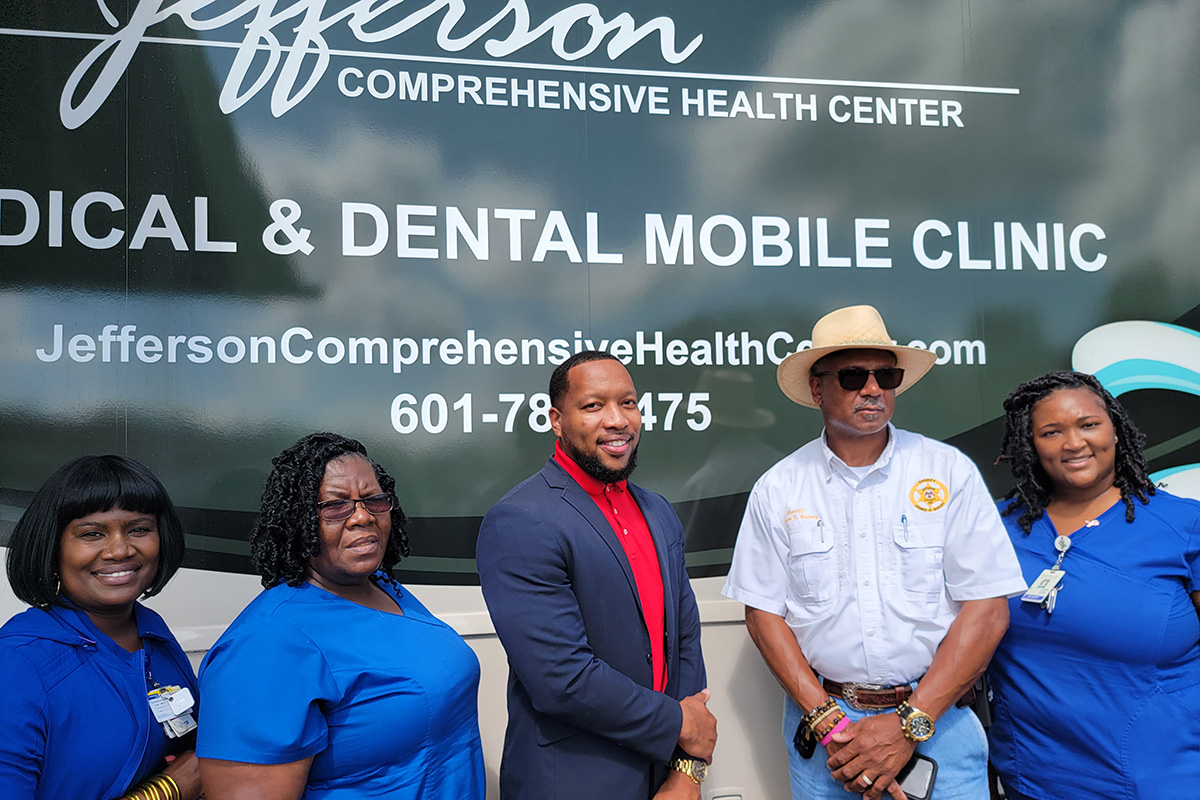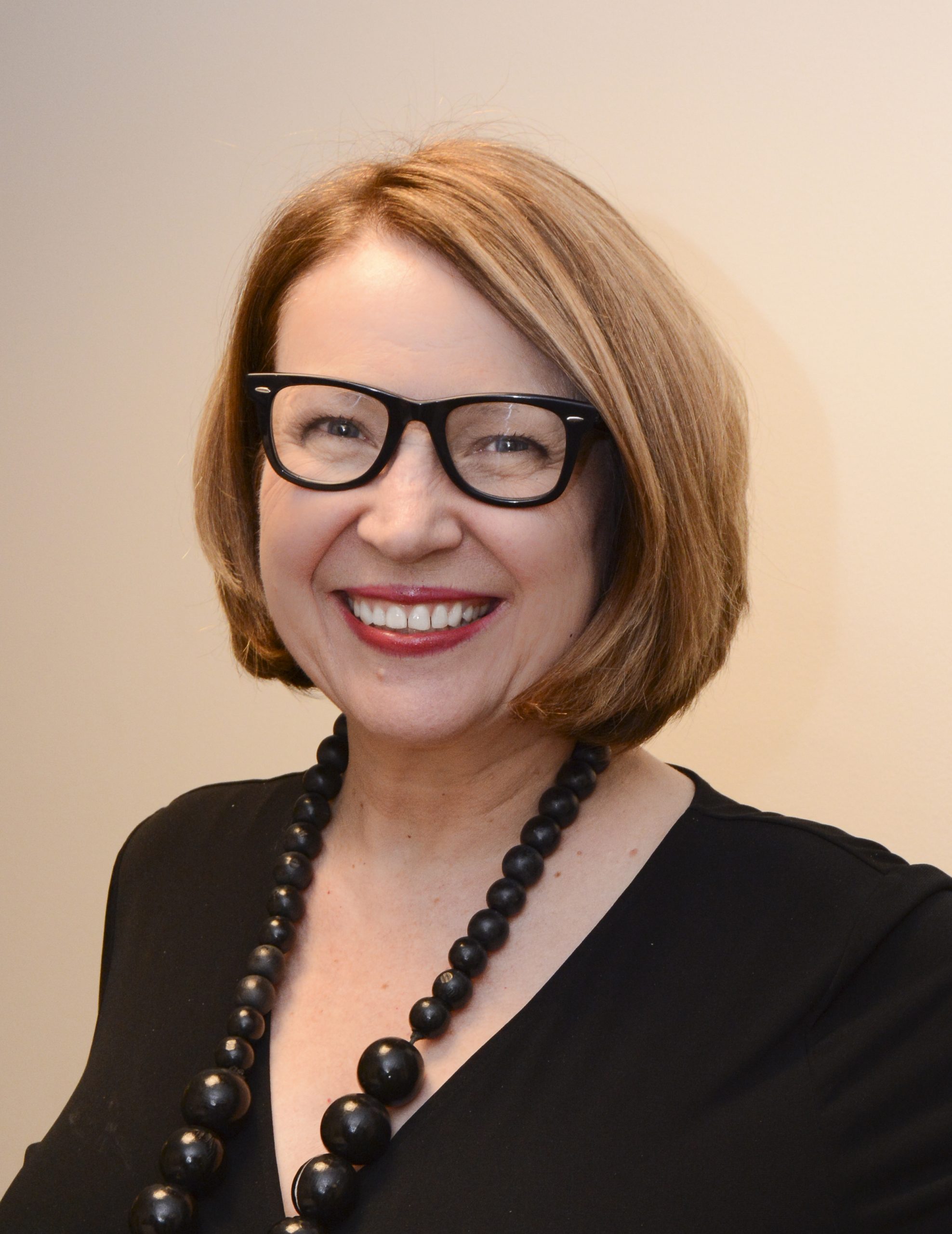Let’s be honest. The headline of this Voices piece should be absurd; why wouldn’t people outside the state lines notice and celebrate excellence in Mississippi?
But the staff of the Mississippi Free Press—overwhelmingly people who grew up here who pile up awards and accolades continually for our top-level journalism—know that getting people beyond the state lines to recognize what Mississippians do well here can be elusive. We understand why with our brutal history and leaders too often dedicated to moving the state backward, or keeping us mired in inequities and division and ignorance about our history.
But make no mistake: Mississippi is also used as a scapegoat. “Well, at least we’re not as bad as Mississippi,” we will hear or see from people in other states who have not closely examined their own systemic inequities, or even fellow southerners who haven’t read their own Declarations of Secession. (I blew a Texas woman’s mind one day by sharing the link with her.) Or, as was rampant on Twitter this weekend, some jerk progressives across the U.S. slam entire “red states” for what leaders in gerrymandered, poor states do that hurt us all.
I get it: People don’t know what they don’t know. That is why we believe it is good journalists’ job to both study deeply and then to teach what’s left out through our work. That way, folks can put the dots together on the road to solutions—which is exactly what we are doing with our “Mapping Mississippi” systemic-reporting mission county-by-county.
If you haven’t seen it, yet, dig into the “(In)Equity and Resilience: Black Women, Systemic Barriers and COVID-1” project—the first multi-story, deep-dive effort in a 15-project “Mapping Mississippi” strategy. Educator and journalist Torsheta Jackson dropped a wonderful solutions piece Friday about how an electric cooperative in Lowndes County is helping solve broadband disparities in rural counties like Noxubee. Her context: COVID-19 spotlighted those disparities, especially for learning, like never before.
You will learn something, I promise. I did.
Purposeful Racist Choices Equals Racial Inequities
We so appreciate the words of Cheryl Thompson-Morton, director of the Black Media Initiative at the New York-based Center for Community Media about the BWC Project: “Powerful reporting @JacksonAdvocate & @MSFreePress are doing, tying the current racial inequities to the purposeful racist choices that have led to systemic barriers for Black women in Noxubee County.”
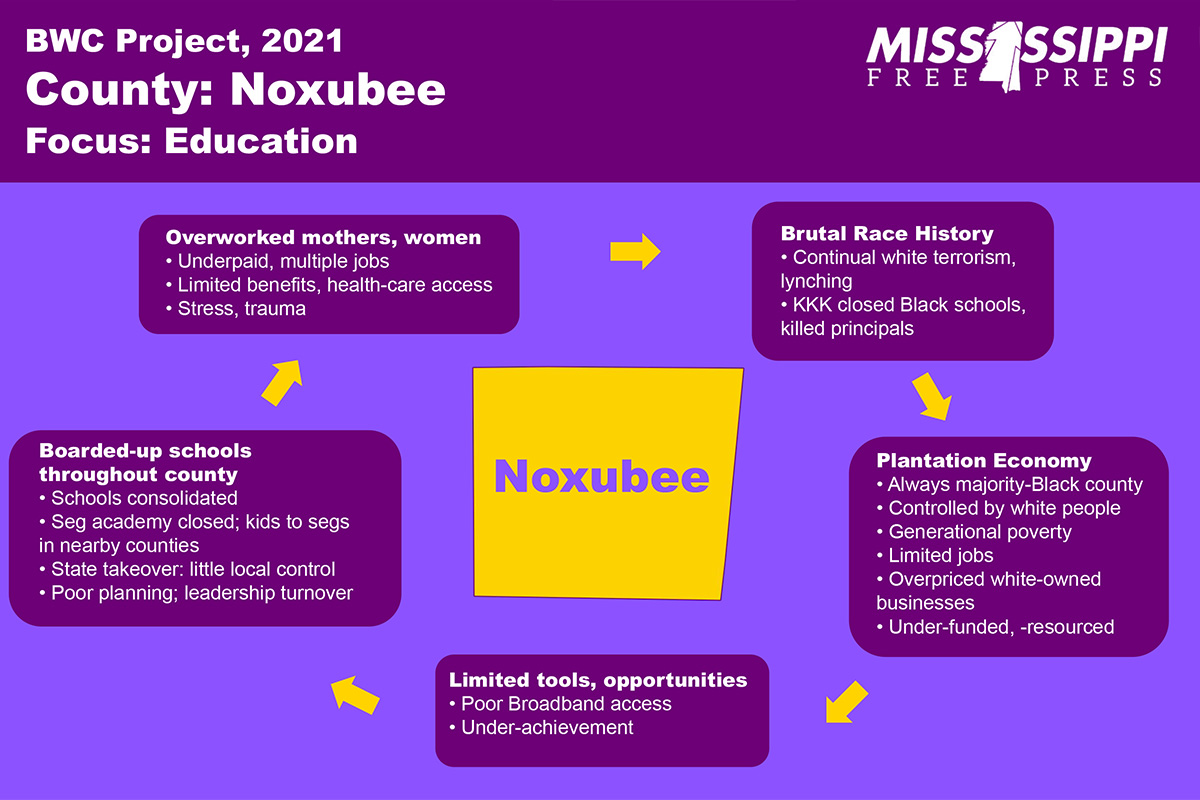
That is the point, exactly. Then we report the solutions. (Hinds County is about to start dropping; keep an eye out.)
But also focus on the title of the BWC Project. “Resilience” is there with purpose. What parachute and traditional journalists often do in Mississippi is report on Black communities as helpless and in need of saviors (white, of course) in a state where all statewide leadership is white. They ignore the resilience and eveh joy among the people of our state as they work toward solutions. We don’t.
We were thrilled to see reporter Nick Judin drawing national media attention for going deep inside the creativity, tenacity and resilience of Black leaders and health workers in Jefferson County to become the most vaccinated county in Mississippi—a story the Solutions Journalism Network called “a brilliant read.” He also reported on the State of Mississippi relying on Black leaders and business owners to overcome health inequities and encourage vaccination. Thanks to All in with Chris Hayes and ProPublica for lifting up Nick’s work.
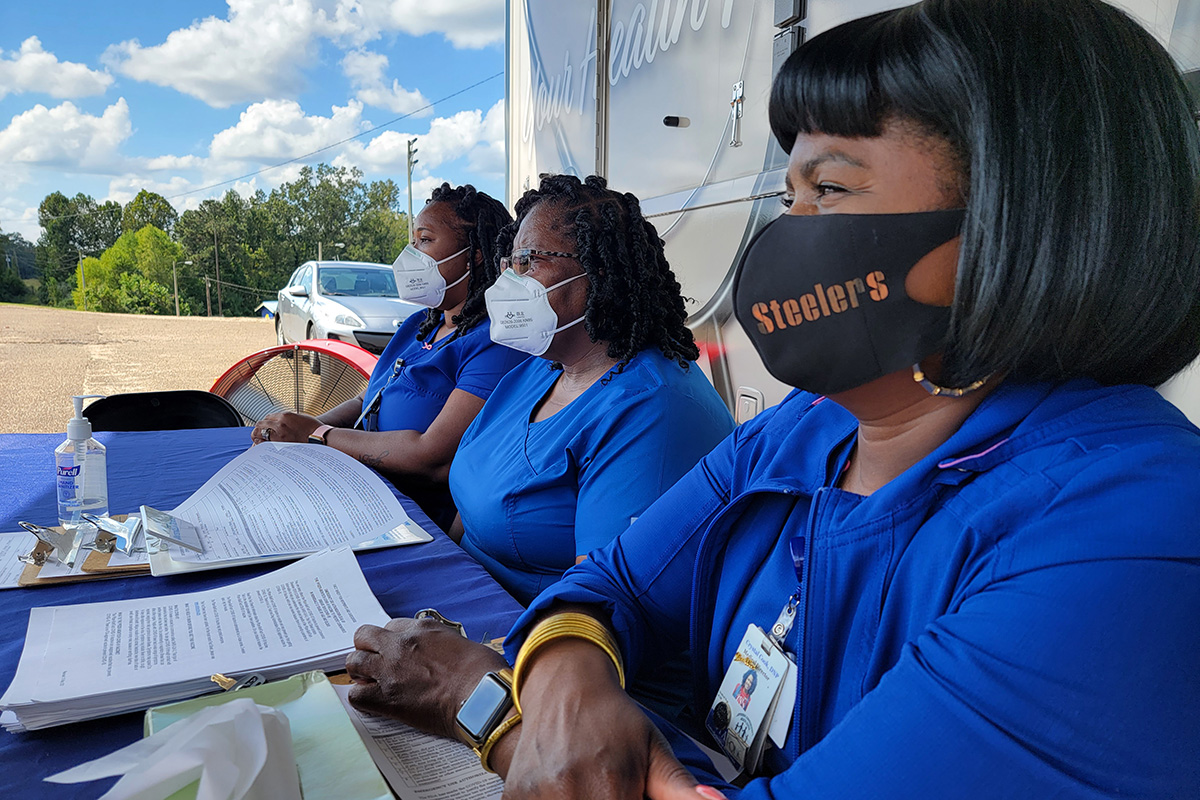
The best part of this attention, though, is about national media doing positive coverage of our communities’ efforts themselves—and not just picking up on the negative stories, which can be important to know about, too. It’s fabulous to watch non-Mississippians cheering our people on in social media for leading rather than just jeering our state for our deficiencies. More of this, please.
Plus, do not sleep on reporter Kayode Crown’s ongoing and impactful criminal-justice reporting. He is quietly and brilliantly unpacking abuse and disparities in Mississippi’s brutal and harmful approaches to incarceration in ways I’ve never seen done sufficiently in our state. In fact, Federal Judge Carlton Reeves just cited Kayode’s powerful “One Jail’s Tale” reporting in an “order to show cause” that seems to be finally forcing the Hinds County Board of Supervisors to do something after years of allowing the Hinds jail to exist as a cesspool that warehouses unconvicted people for years and then deals with perpetual suicides.
Judge Reeves quoted Kayode’s no-holds-barred words about “structural deficiencies, chronic understanding and poor management” not repaired during terms of “whatever sheriff or Hinds County Board of Supervisors are in elected office in a given time.” Kayode’s reporting doesn’t allow more kicking the can down the road, and neither does Judge Reeves’ orders.
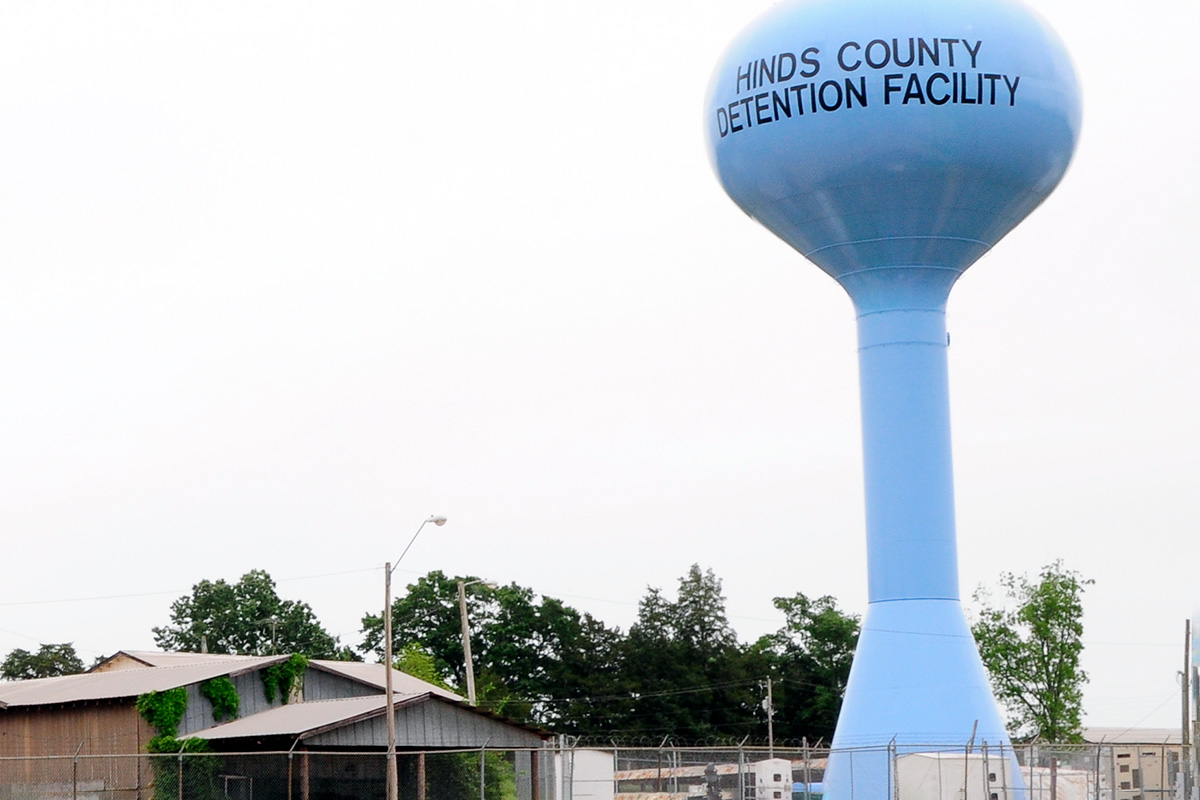
We do this cause/solution-driven journalism to serve our communities, our people and to actually help move needles in our state. We are here to celebrate local efforts and to expose inadequacies that make conditions worse for traditionally marginalized Mississippians. But we are also fans of challenging the narratives of our state outside the state lines. Kimberly and I have worked with the vast majority of the Mississippi Free Press team for more than three and several for around a decade. (She and I have worked side-by-side 15 years now. Wow.) Our team is more than 90% people who grew up in Mississippi and know the state. That matters.
We don’t parachute; we go deep into our counties repeatedly, and we listen and learn and stay in touch. Our reporting, and the brilliance and resilience of the people we get to know, then goes out into the larger world showing the excellence that is too often ignored or inhibited in Mississippi. We believe part of our education mission is learning from each other, and I have never worked with a group of colleagues more dedicated to seeking new knowledge daily, moving the needle in Mississippi, while supporting and respecting every person no the team along the way, as I have in the last two years to grow the Mississippi Free Press.

I celebrate each of them today and thank you for your support in growing the team to this point. If you can, please help us keep growing both our reporting team and our reach across Mississippi. The DEI Fund is still matching your gifts for about another $1,000 to support our efforts to serve communities of color in Mississippi. Please give now to support a new kind of journalism for Mississippi at mfp.ms/donate and keep evangelizing and sharing our stories.
We’re in this together.
We updated our MFP Impact, Awards and Media Coverage page. Go see the attention and awareness our journalism is bringing to Mississippi and beyond.
This MFP Voices essay does not necessarily represent the views of the Mississippi Free Press, its staff or board members. To submit an essay for the MFP Voices section, send up to 1,200 words and factcheck information to azia@mississippifreepress.org. We welcome a wide variety of viewpoints.

